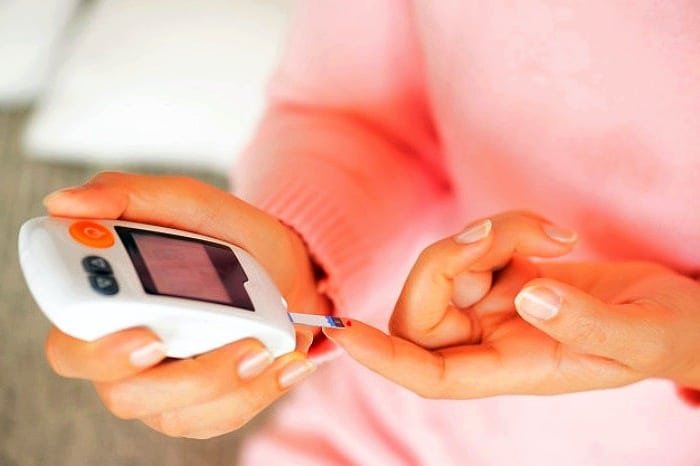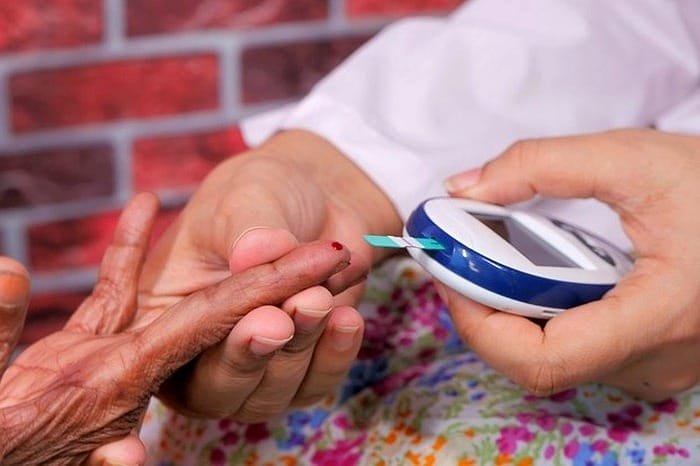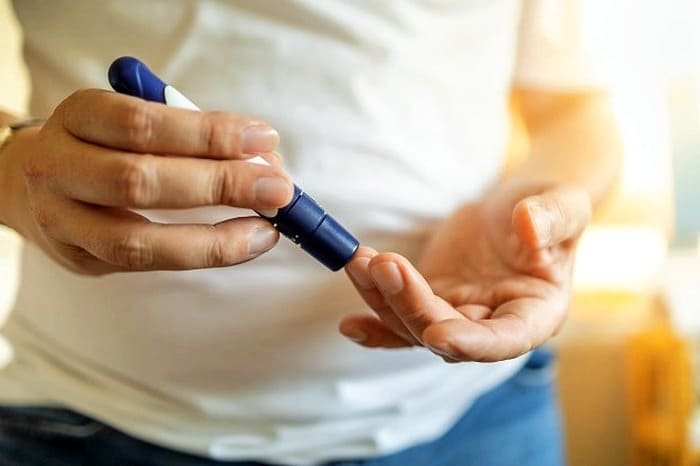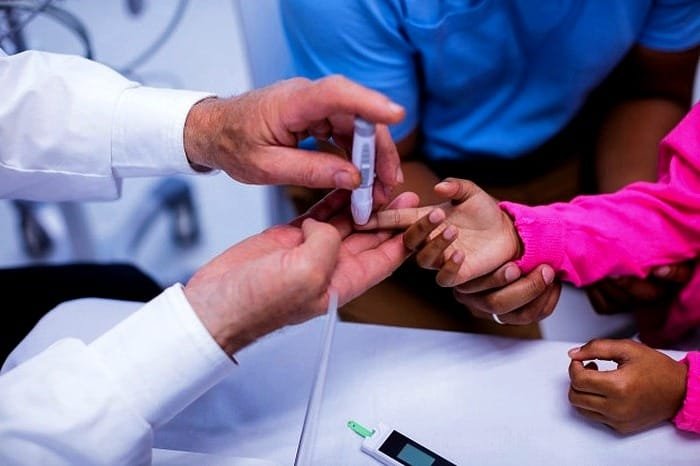Diabetes InsipidusWhat is it and what are its symptoms?
Diabetes insipidus is a condition resulting from insufficient production of the antidiuretic hormone (ADH), which helps the kidneys and body retain enough water. Normally, ADH controls kidney urine output and is secreted by the hypothalamus (a small gland at the base of the brain) and stored in the pituitary gland before entering the bloodstream. ADH is released to reduce urine production and prevent dehydration.DiabetesInsipidus leads to excessive production of very diluted urine and causes great thirst.
This condition can be divided into the following groups:
Central Diabetes Insipidus:
Insufficient production or excessive secretion of ADH can result from damage to the hypothalamus or pituitary gland due to head injuries, genetic disorders, and other diseases.
Nephrogenic Diabetes Insipidus:
Kidneys not responding to normal levels of ADH; this may be caused by medications or chronic disorders such as kidney failure, sickle cell disease, or polycystic kidney disease.

What causes diabetes insipidus? What are the causes in children and adults?
Diabetes insipidus can result from several health issues, including:
- Inefficient hypothalamus (resulting in too little ADH)
- Non-responsive pituitary gland (unable to release ADH into the bloodstream)
- Damage to the hypothalamus or pituitary gland during surgery
- Brain injury
- Tumor
- Tuberculosis
- Obstruction in the arteries leading to the brain
- Encephalitis (inflammation of the brain)
- Meningitis(inflammation of the membranes covering the brain and spinal cord)
- Sarcoidosis (rare inflammation of lymph nodes and other tissues throughout the body)
- Family history

What are the symptoms of diabetes insipidus?
Conditions mentioned in this section of healthSelMagzThe following are considered the most common symptoms of diabetes insipidus; however, each child may experience unique symptoms. These include:
- Excessive thirst
- Excessive urine production
- Dehydration
Infants with diabetes insipidus may also show the following symptoms:
- Irritability
- Poor feeding
- Failure to thrive
- High fever
Symptoms of diabetes insipidus may resemble other health issues; always consult your child’s doctor for a diagnosis.

How is diabetes insipidus diagnosed?
In addition to a complete medical history and physical examination, including daily fluid intake, dietary consumption, and bowel and bladder function, diagnostic methods for diabetes include:
- Urinalysis
- Blood test
- Water deprivation test.
- If dehydration occurs, you’ll notice.
- Magnetic Resonance Imaging (MRI).
A diagnostic method that combines large magnets, radio waves, and a computer to create detailed images of internal organs and structures to examine the pituitary gland.

How is diabetes insipidus treated?
If untreated in children, diabetes insipidus can lead to brain damage, cognitive impairment,intellectual disability, hyperactivity, stunted growth, or lethargy. Treatment depends on the underlying cause.Treating the cause usually resolves diabetes insipidus.
Special treatment for diabetes insipidus is based on the following:
Your child’s age
- Overall health and medical history
- Severity of the condition
- Your child’s tolerance for medications
- Specific methods or treatments

Treatment may include modified antidiuretic hormone medications (often administered as a nasal spray) or medications that increase the production of antidiuretic hormone. Additionally, individuals with diabetes insipidus must drink adequate fluids to compensate for excessive urine output and maintain a low-sodium diet. Although children with this condition should drink plenty of fluids, care should be taken with sodium intake in their beverages.
What is the long-term outlook for children with diabetes insipidus?
Diabetes insipidus can be a temporary or permanent condition, depending on the underlying cause.
Children with central diabetes insipidus can lead full and healthy lives with proper management.
Children with nephrogenic diabetes insipidus can also have relatively normal lives with appropriate medical care and management, especially if medical attention starts early in the disease process.
Diabetes Insipidus







